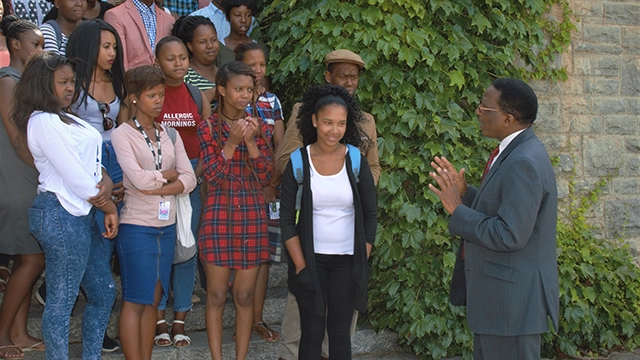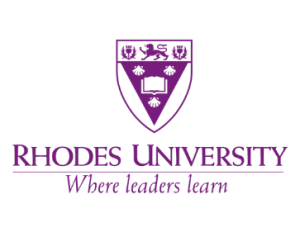PRESS RELEASE: MAKHANDA – A BLUEPRINT FOR THE NATIONAL EDUCATION SECTOR

27 January 2024 [MAKHANDA] Universities should play a significant and meaningful role in community efforts to transform the cities in which they are located. That’s according to Rhodes University Vice-Chancellor, Professor Sizwe Mabizela. He was speaking on the first day of the Makhanda Education Summit, in the Eastern Cape, on Saturday, 27 January. In 2013, […]
[PRESS RELEASE]: Rhodes University Spearheads Transformative Makhanda Education Summit

Rhodes University is delighted to announce the hosting of the transformative Makhanda Education Summit, led by Vice Chancellor Prof Sizwe Mabizela. Scheduled for the 27th and 28th of January, this pivotal event is set to enhance the educational landscape of Makhanda, focusing primarily on early childhood development (ECD) and primary and secondary schooling phases. In […]

